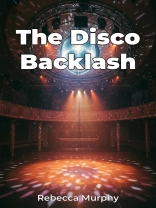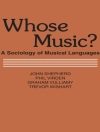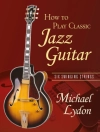The Disco Backlash explores the dramatic story of disco music, from its soaring popularity to its abrupt decline, revealing how this genre became a focal point for broader cultural anxieties in 1970s America. The book delves into the socio-economic factors that fueled both disco’s initial embrace and its subsequent rejection. It argues that disco’s inclusive vision, rooted in Black and LGBTQ+ communities, challenged established norms, leading to a backlash fueled by perceptions of commercialism and moral corruption. Ironically, disco offered a vision of unity during a period of cultural fragmentation, yet this very appeal threatened existing power structures.
The book approaches this cultural history by examining disco’s origins, its mainstream adoption, and the emergence of the anti-disco movement. Analyzing anti-disco slogans and media coverage, the study highlights how cultural movements can be undermined to maintain the status quo. Moving chronologically, it defines disco’s characteristics, analyzes its commercial success, documents the anti-disco movement, and assesses disco’s lasting impact on music and culture.
This music history provides a valuable case study of how popular culture can be both celebrated and suppressed, offering important lessons for understanding contemporary cultural debates.












